Protecting national symbols on digital platforms
Speaking at the discussion in the Group, National Assembly Deputy Ta Dinh Thi suggested that the amendment of the Intellectual Property Law needs to be reviewed in sync with other related groups of laws that are being revised to ensure the consistency and uniformity of the legal system, avoiding the situation where this Law is revised again, causing problems or difficulties for agencies in the process of organizing the implementation of other laws. In addition, the State needs to have clear policies to protect traditional knowledge and indigenous knowledge in the current context.
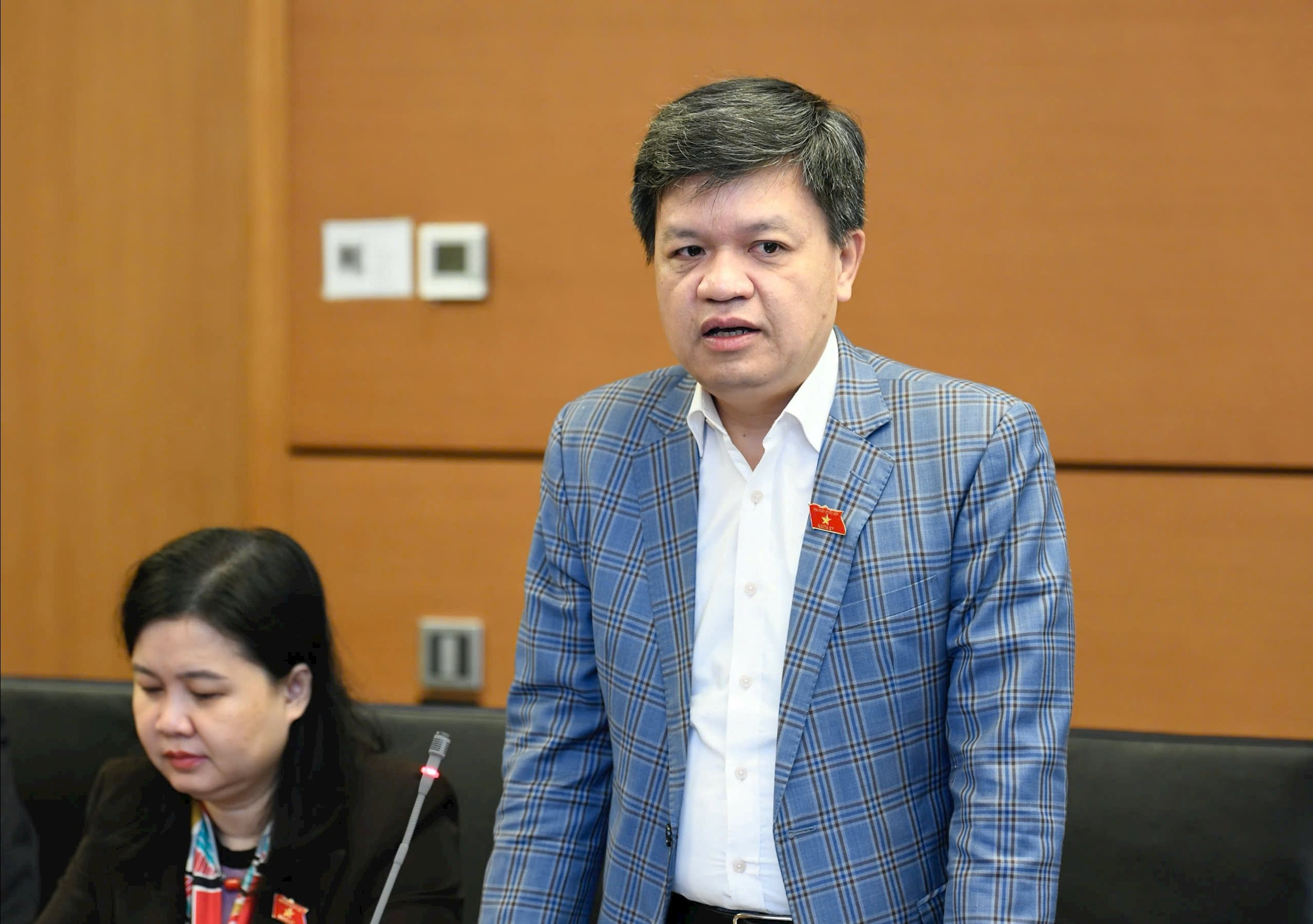
According to the delegate, indigenous knowledge and traditional knowledge have been formed over thousands of years, through many generations, and are valuable assets of the community. In the context of deep international integration and the current policy of strong development of the private economy , the State needs to have a clear protection policy for indigenous knowledge in the groups of regulations on State policies, in order to preserve and develop indigenous knowledge, ensuring the rights of communities that have owned that knowledge for many generations.
National Assembly Deputy Bui Hoai Son suggested that the process of amending the Intellectual Property Law needs to ensure that legal requirements keep up with the explosive development of the cultural industry in the digital age and artificial intelligence (AI). The delegate emphasized the need to expand the scope of protection for non-physical products, protect national symbols on digital platforms, and especially clearly define legal responsibilities for digital platforms, social networks, and Generative AI tools to protect the rights of Vietnamese creators against cross-border "BigTechs".
.jpg)
Delegate Bui Hoai Son highly appreciated the fact that the draft law has expanded the definition of industrial design to cover non-physical forms, which is a step in the right direction, consistent with the reality of digital products, digital designs and virtual objects in the Metaverse. However, it is necessary to explain more clearly about non-physical products, including: digital designs, digital images; works created from AI with human creative participation; digital representations of artists.
"Protecting digital performance identities is very important to protect the image, voice and performance style of Vietnamese artists against Deepfake and AI, an issue that is causing many consequences in the current period," National Assembly Deputy Bui Hoai Son emphasized.
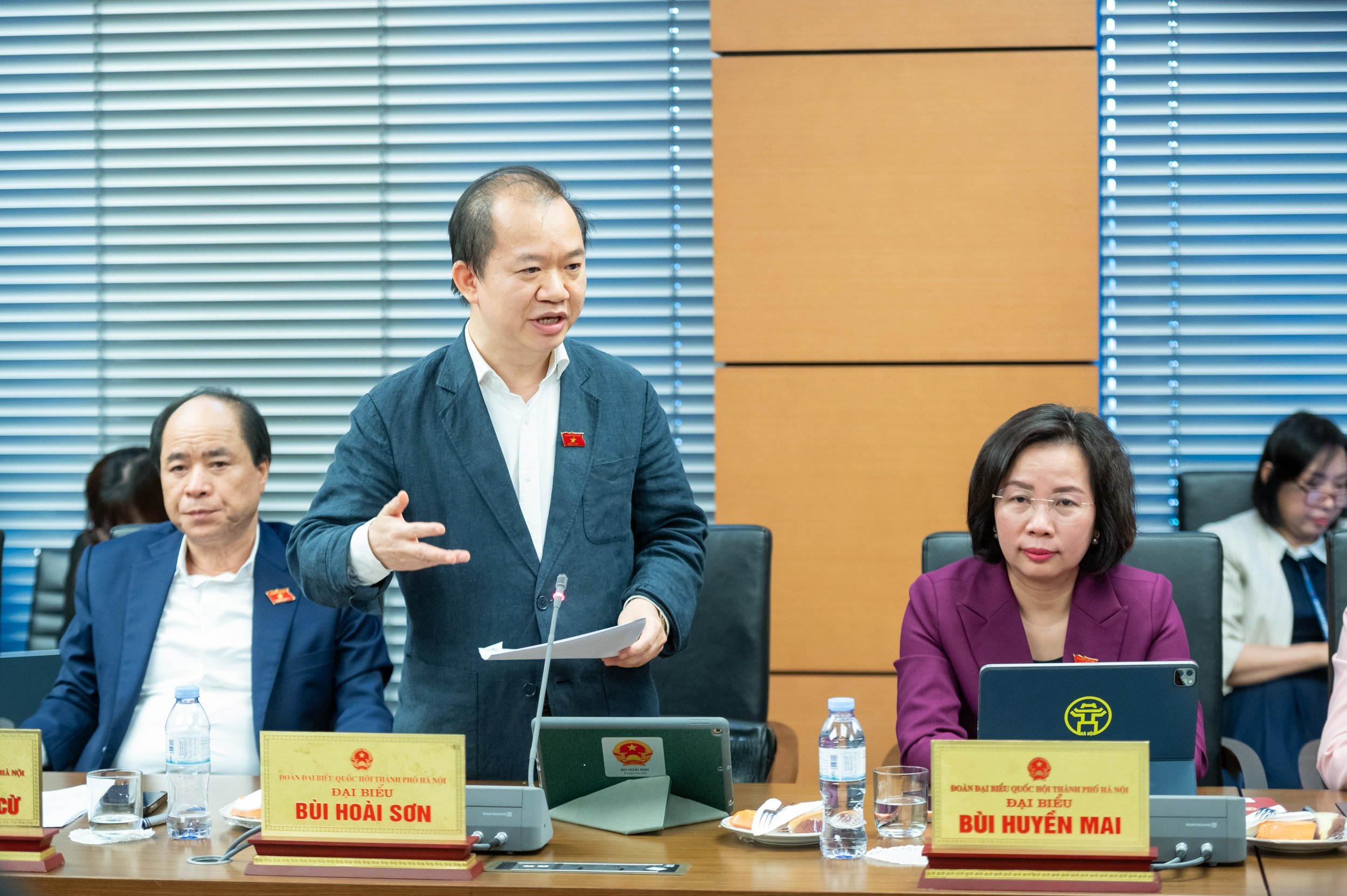
Citing that large platforms like YouTube often encounter problems with original and derivative content disputes, delegates suggested that the law must have a mechanism to protect authors' rights in the digital environment, where disputes occur quickly and across borders, clarifying the mechanism for authenticating the origin of works using advanced technologies such as Watermark, Blockchain or Content ID (content identification system). It is necessary to clarify the time limit for quickly handling online content disputes to avoid losing the market and business opportunities of authors.
In addition, the draft Law needs to deeply address the responsibilities of cross-border platforms and AI content because this is a core issue to protect creators in the context of rapidly changing technology.
Consider knowledge as the economic driving force, the driving force for national development.
Speaking at the discussion in the Group, National Assembly Deputy Nguyen Thi Lan expressed her agreement and appreciation for the spirit of innovation, timeliness and vision of the draft Law amending and supplementing a number of articles of the Law on Intellectual Property. According to the delegate, this amendment is an important step forward, concretizing the Party's major policies in Resolution 57, Resolution 66, Resolution 68 on promoting science and technology and innovation, developing the private economy and perfecting the legal system in the new era.
"The notable new point of the draft law is the shift from protecting rights to exploiting the value of intellectual property, aiming to consider knowledge as the economic driving force and development driving force of the country, in line with the spirit of the Party's resolutions," National Assembly Deputy Nguyen Thi Lan emphasized.
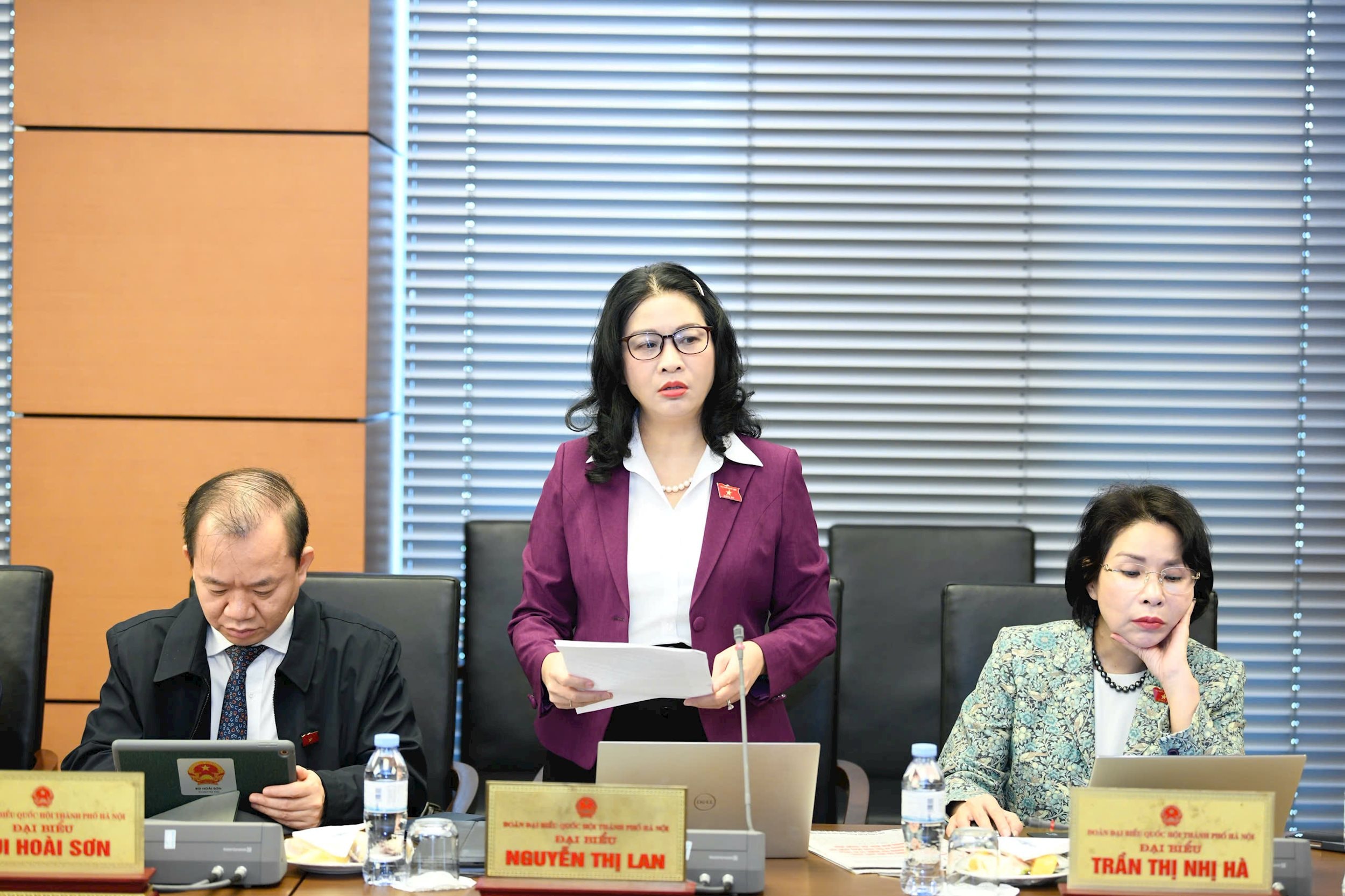
Regarding some specific contents, delegates suggested that it is necessary to add a specific protection mechanism for plant varieties created by biotechnology and genetic engineering to promote innovation in the agricultural sector. Currently, the draft law only stops at general regulations on granting protection certificates and does not specifically mention plant varieties created by genetic engineering (GMO). Meanwhile, the issue of gene editing and creating new plant varieties is developing very rapidly, without specific protection regulations, it will be very difficult for research and application. Therefore, it is necessary to add a separate appraisal mechanism and technical standards for biotech varieties; recognize international testing results to shorten the time for granting protection certificates.
"This is to avoid having to start from scratch when a good international variety has already been recognized by evaluation results, helping to save time and promote the faster introduction of new varieties into production," delegate Nguyen Thi Lan stated.
National Assembly Deputy Nguyen Anh Tri highly appreciated the efforts of the Drafting Committee in detecting contents that need to be adjusted, paying special attention to the issue of distinguishing functions between types of rights management organizations, in order to avoid confusion, overlap and ensure order and transparency in state management of copyright and related rights.
According to the delegate, the draft Law contains many new terms that are easily duplicated, especially between the Copyright and Related Rights Representative Service Organization (Article 57) and the Copyright Collective Management Organization (Article 56). A clear distinction is necessary to ensure transparency and order in state management.
According to the analysis of the delegate, the Copyright Representative Service Organization performs tasks such as providing legal advice, representing the submission of applications for copyright registration, participating in other legal relations, and protecting legitimate rights. The key point is that the Representative Service Organization is not allowed to divide royalties, while the Copyright Collective Management Organization has the main function of managing rights, negotiating licenses, collecting and dividing royalties and other material benefits.
Source: https://daibieunhandan.vn/la-chan-phap-ly-bao-ve-quyen-tac-gia-tai-san-tri-tue-trong-ky-nguyen-so-10394520.html







![[Photo] Opening of the 14th Conference of the 13th Party Central Committee](https://vphoto.vietnam.vn/thumb/1200x675/vietnam/resource/IMAGE/2025/11/05/1762310995216_a5-bnd-5742-5255-jpg.webp)
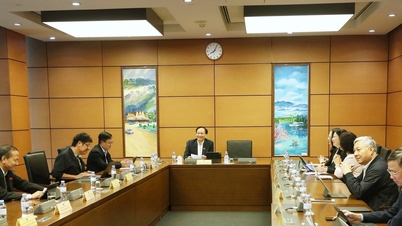




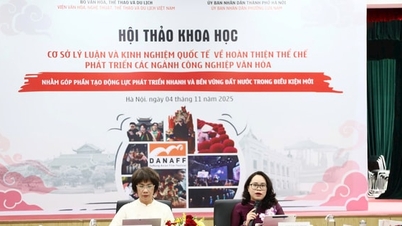

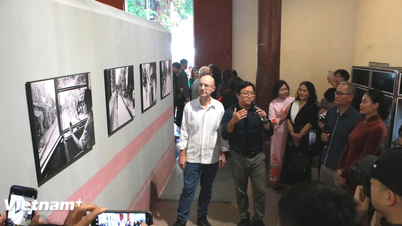


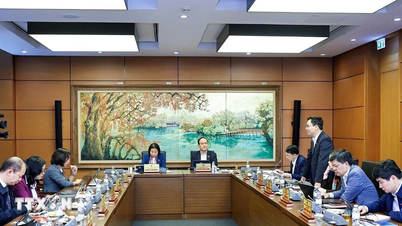
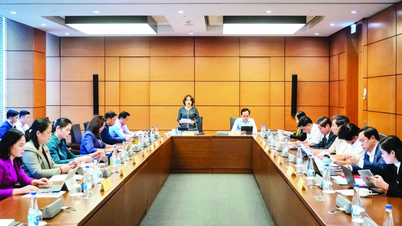

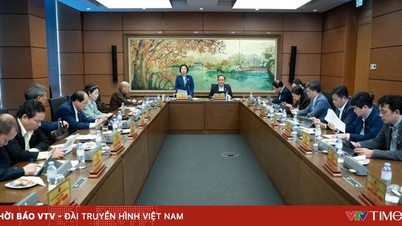

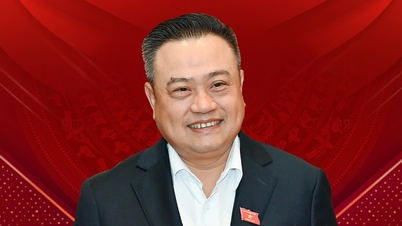

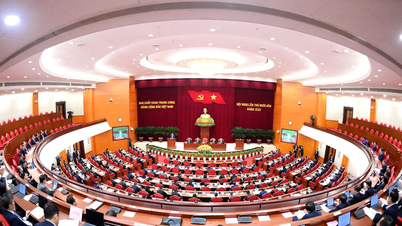
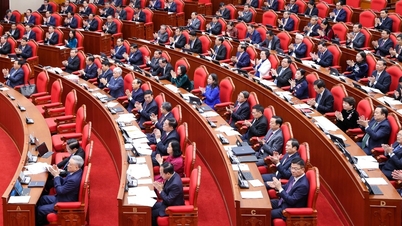





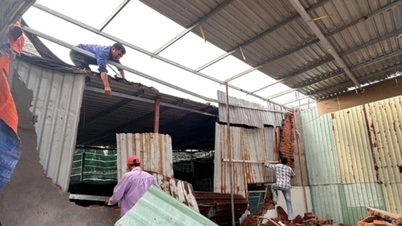
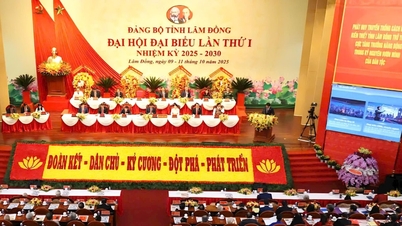
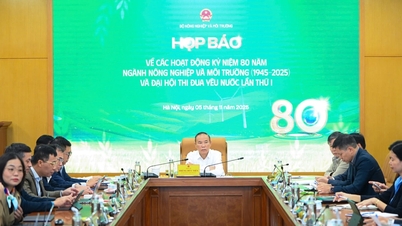
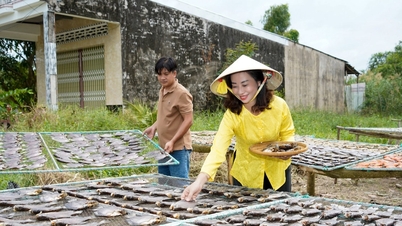
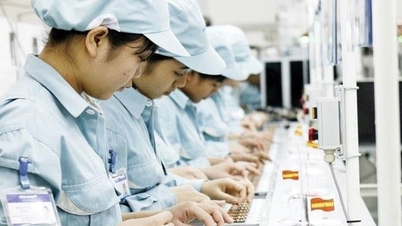
![[Photo] Panorama of the Patriotic Emulation Congress of Nhan Dan Newspaper for the period 2025-2030](https://vphoto.vietnam.vn/thumb/1200x675/vietnam/resource/IMAGE/2025/11/04/1762252775462_ndo_br_dhthiduayeuncbaond-6125-jpg.webp)

































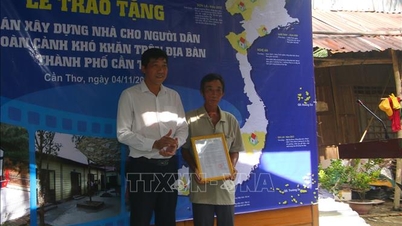
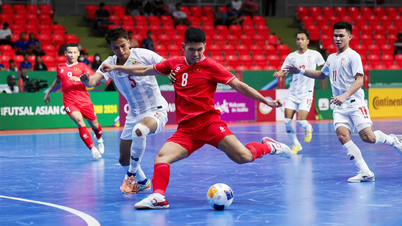
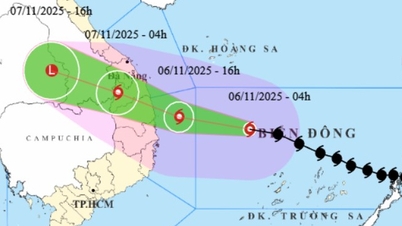


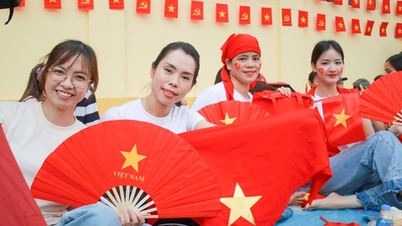







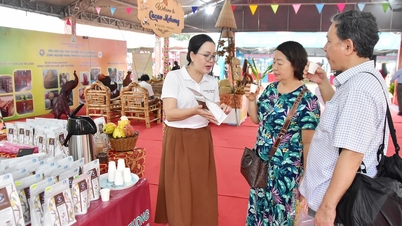

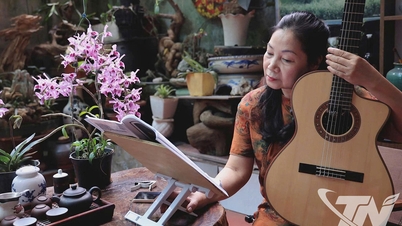

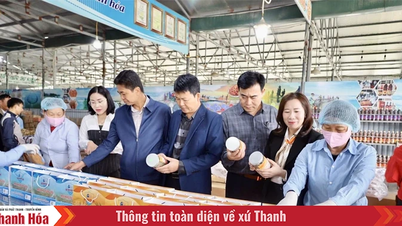

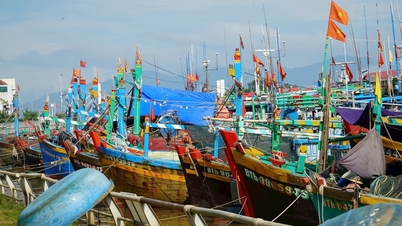


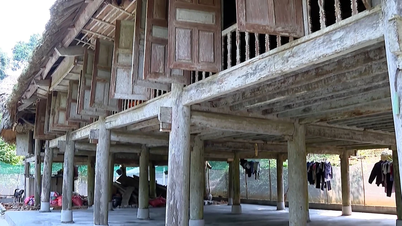















Comment (0)